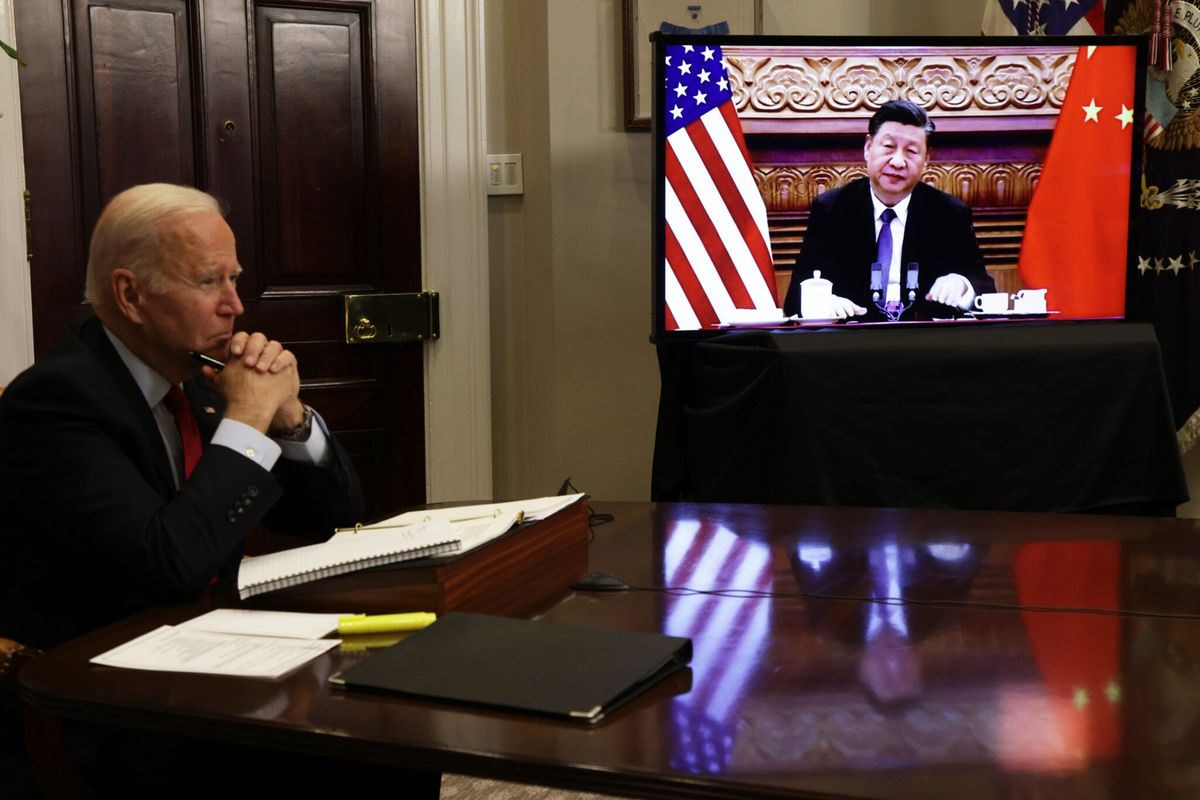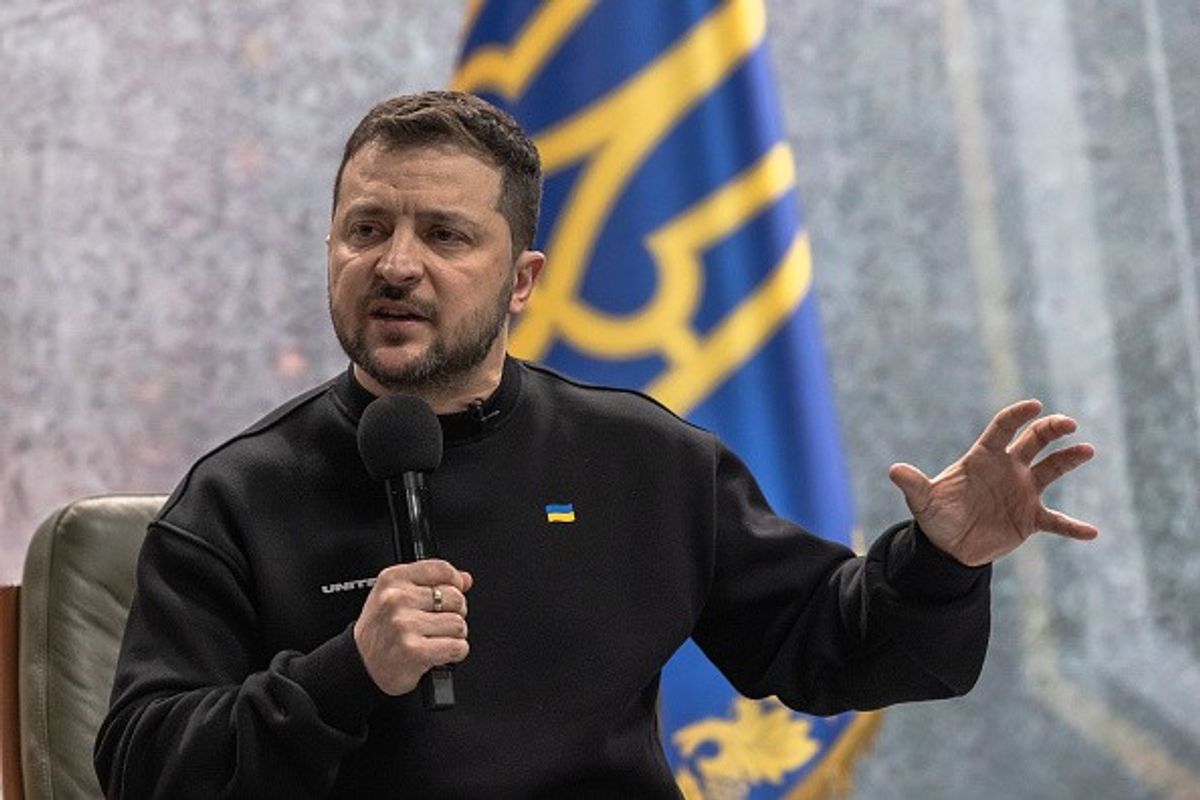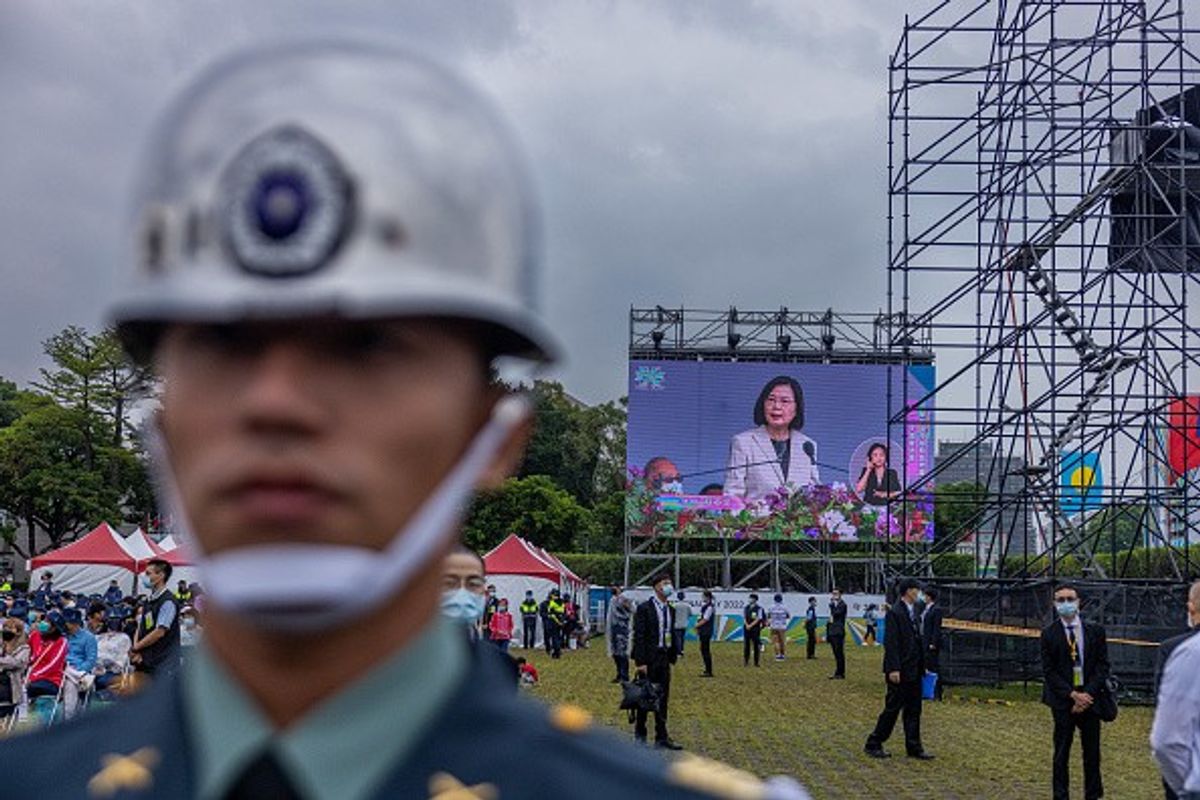EXPERT Q&A
Read also Is a US-China Face-off Over Taiwan Looming for Subscriber+Members
The Cipher Brief: At the 20th CCP Congress, what stood out amid the broad endorsement of Xi Jinping's policies, actions, and party-government changes?
Wilder: The 20th CCP Congress consolidated power in Xi’s hands to an extraordinary degree not seen in China in over five decades, since the days of Mao Ze-dong. The key policy change of the Congress was a much larger emphasis on national security and nationalism and a downplaying of economic development as the primary mission of the Communist Party. With his position consolidated, President Xi is likely to feel he has more latitude to pursue more aggressive foreign policy moves, such as stepping up the pressure on Taiwan. At the same time, President Xi must be careful to ensure that his continued zero tolerance policy toward COVID, the slowing growth of the Chinse economy, and resentments against his one-man rule do not lead to serious domestic unrest. In this regard, Xi will be vigilant about any signs of opposition forming and is likely to double-down on the repressive policies of his pervasive surveillance state.
The Cipher Brief: Although the Biden Administration has denied a change in China-Taiwan policy, what would be the implications of jettisoning “strategic ambiguity,” and how are China and the world likely to respond?
Wilder: Jettisoning strategic ambiguity has large implications as it has been part of a carefully nuanced US policy on the Taiwan question that has served the United States, Taiwan, and the East Asian region well for decades. Strategic ambiguity is part of an American deterrence and assurance strategy that has kept China from invading Taiwan ever since the normalization of US-China relations. Beijing is likely to see a shift away from strategic ambiguity as part of a larger set of moves in the past few years to step away from a one China policy to a one China, one Taiwan policy. These moves increase the chances that Beijing will conclude that peaceful reunification is not possible, that time is not on Beijing’s side and that it must act with military force to stop independence. China’s military overreaction to Speaker Pelosi’s August visit to Taiwan demonstrates the extremely high level of Beijing’s sensitivity to perceived US moves to increase the officiality of the relationship with Taiwan.
The Cipher Brief: What are the U.S. motivations for a guarantee of U.S. military involvement in defending Taiwan against an “unprecedented attack” by China?
Wilder: Those who are for guaranteeing direct U.S. military involvement have concluded that China’s aggressive military maneuvers near Taiwan and its military buildup opposite Taiwan means that the chances that China will take the risky step of invading Taiwan have increased. By guaranteeing U.S. intervention they believe they can make President Xi think twice about any coercive military actions. However, I believe such an approach runs a high risk of needlessly provoking Beijing to seriously consider near-term military options for forced reunification.
Subscriber+Members have a higher level of access to Cipher Brief Expert Perspectives on Global Issues. Upgrading to Subscriber+ Status now.
The Cipher Brief: Putting aside the most recent headlines, what are China’s long-term intentions toward Taiwan, and are there indications of the timetable China has in mind to bring about reunification through diplomatic or military means?
Wilder: At the recently concluded 20th Communist Party Congress, President Xi reiterated the long-held Chinese position that reunification is a clear goal of the PRC and that Taiwan independence would never be tolerated. He reasserted that China would “strive for peaceful reunification” but ominously also restated that China “will never promise to renounce the use of force.” While claiming to seek peaceful reunification, his words did little to reassure Taiwan that Xi, with his greater emphasis on nationalism, would not increase military coercion through greater naval, air, and missile activity near the island.
Some senior US military officers have publicly asserted that Xi has set a deadline for reunification by 2027 but I believe it is more likely that Xi has charged the military to be prepared to take military action against Taiwan in this timeframe should Beijing deem that it is necessary to stop Taiwan from declaring independence. As long as the United States and its allies in East Asia continue to demonstrate strong support for the status quo on the Taiwan Strait and bolster military capabilities in the Western Pacific to back this up, President Xi is very unlikely to risk a war involving American forces by setting a fixed deadline for reunification.
The Cipher Brief: Have PRC calculations concerning military actions against Taiwan been influenced by events in Ukraine?
Wilder: Certainly, Beijing is watching developments in Ukraine closely and is probably surprised at the incompetence of the Russian forces and the courage of the Ukraine troops. I do not believe the events significantly influence their thinking on Taiwan, but they will study the effectiveness of weapon systems (such as drones) and draw lessons on the current state of warfare. Beijing may also be concerned about the effectiveness of US-led economic sanctions against Russia and be worried that this success is encouraging the Biden Administration to use similar tools, such as the new restrictions on high-technology semiconductor exports to China, to slow China’s development of advanced military capabilities.
The Cipher Brief: How would you describe Taiwan’s reactions to recent events, and how might that reaction influence Xi’s decision-making?
Wilder: Taiwan’s DPP lead government is delighted with the many ways in which Washington and its allies in East Asia and beyond are demonstrating greater overt support for Taiwan’s democracy and its status as an international player. Whether it is President’s Biden’s statements of coming to the aid of Taiwan with the direct intervention of US forces, actions by the Department of State designed to impart greater officiality in the relationship, or the Congressional consideration of the Taiwan Policy Act and its provision of Foreign Military Financing, all these steps are welcomed by President Tsai and her government. President Xi will have to be concerned that the U.S. posture regarding Taiwan is emboldening those in Taipei pressing for independence. He will also have to worry that the 2024 election in Taiwan could bring to power a Taiwan President determined to declare independence. All of these factors will compel him to bring greater pressure on Washington to return to stricter interpretations of the one China policy while also causing him to increase the military pressure on Taiwan.
The Cipher Brief: Although the “friendship” of Xi and Putin has been an oft-repeated theme of PRC-Russia relations, there has been no apparent surge in Chinese military aid or offers of sanctions relief to Moscow. What are the prospects for more substantial forms of assistance and partnership between the two countries?
Wilder: Putin’s invasion of Ukraine without providing Beijing warning and his inability to score a quick victor has badly strained the PRC-Russian relationship. Nonetheless, China and Russia will remain close largely due to their common aversion to US foreign policy. Thus, the prospects for Beijing to provide more substantial assistance to Putin’s war are low while Beijing will continue to diplomatically side with Russia on the Ukraine issue in such venues as the UN by refusing to vote to sanction Russia.
Read more expert-driven national security insights, perspective and analysis in The Cipher Brief















